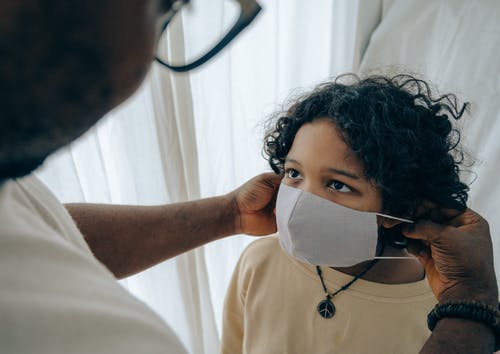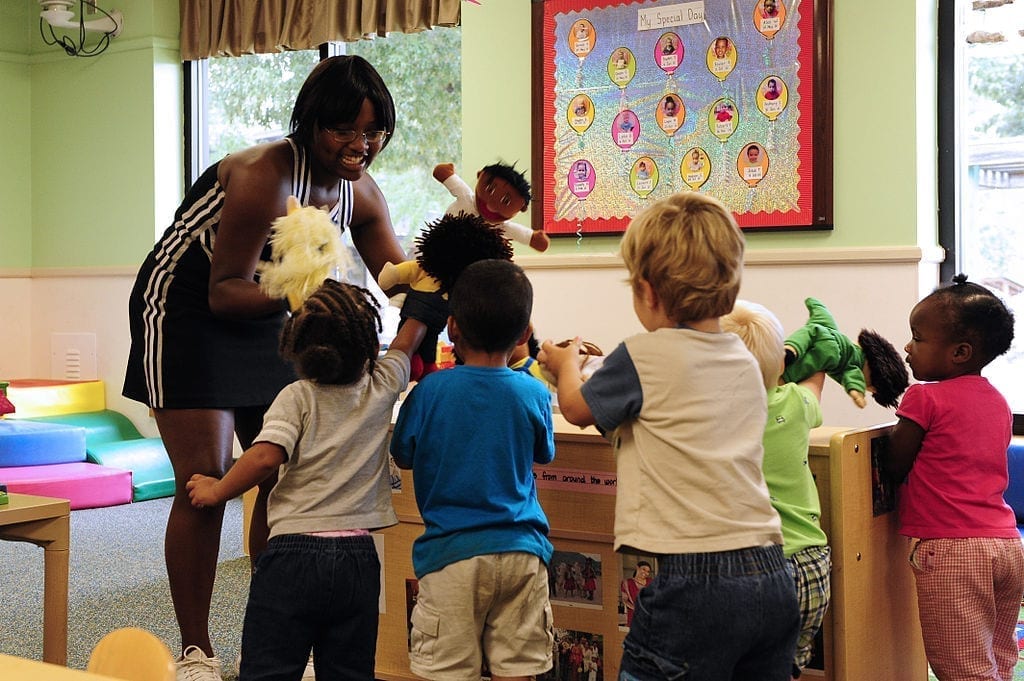Children across the country are struggling to cope with an array of mental health issues in this post-COVID world.
Mental Health Awareness Month is upon us at a time when many people across the country are struggling with mental health issues, many of which stem from the COVID-19 pandemic. Children especially are suffering. From lockdowns, isolation, and remote school, to limited or canceled sporting and other extracurricular activities, young people in America have had their lives upended and are struggling to cope. Simply put: the kids aren’t alright. According to hospitals and health experts, children in America and beyond are experiencing “increasing rates of anxiety, stress, and self-harm.”

Even as the pandemic is starting to ease up, and sectors of society are reopening, children are still “feeling emotionally, mentally, and physically exhausted.” While the Biden Administration is taking steps to address this particular mental health crisis by “pushing to reopen schools quickly and providing funding to state and local governments to ensure they are equipped with the resources needed to ensure student safety and restore trust in our nation’s public education systems,” there is concern that things won’t really start to improve until life for our nation’s children goes back to normal. That means no social distancing, no masks, and no restrictions extracurricular activities and experiences children look forward to. Unfortunately, no one knows how long children will be expected to abide by these particular guidelines.
And already doctors and health officials are saying that while getting kids back into school is a good thing, it’s not going to be enough to address the “deep psychological wounds they have experienced.” Some doctors noted that “while there currently is not enough nationwide data to suggest an increase in youth suicides linked to the pandemic, they’ve noted a recent uptick in the number of young people experiencing mental health problems such as anxiety, panic, and suicidal ideation.” It’s also important to note that some mental disorders, such as PTSD, “can emerge well after the immediate impact of distressing experiences and traumatic events.”
Dr. Jason Williams, a psychologist and director of operations of the Pediatric Mental Health Institute at Children’s Hospital Colorado, said, “Kids are reporting more social isolation, more feeling depressed, and disconnected from their peers and their support systems.” He added that the kids his hospital has been treating “talk a lot about not having time with their friends, as well as not being able to look forward to the things kids normally do that give their lives meaning and connect them to others.” He said, “The connection to the world around them has really eroded and almost disappeared in some situations…Kids are yearning for this.”
That said, it’s fully expected that, as more and more students return to school, many of them will be grappling with a range of issues. For example, some may be grieving the loss of a loved one to COVID-19. Others might be dealing with depression, anxiety, anger management issues, food insecurity, homelessness, bullying, and pressure to catch up after losing a year of learning. The younger students, especially those who may not remember what school was like pre-COVID, might struggle with “separation anxiety, feelings of abandonment, or struggle to interact with teachers and peers after a year spending almost every waking moment in the familiar company of their parents and siblings.”
All of this combined means school officials and teachers will have their work cut out for them as they juggle a generation of children struggling to cope in this post-COVID world.
Sources:
‘All Kinds Of Trauma’: Students Are Returning To School, But Are We Ready To Help Them Cope?
The COVID-19 crisis may soon be over, but the youth mental health crisis is only just beginning


Join the conversation!